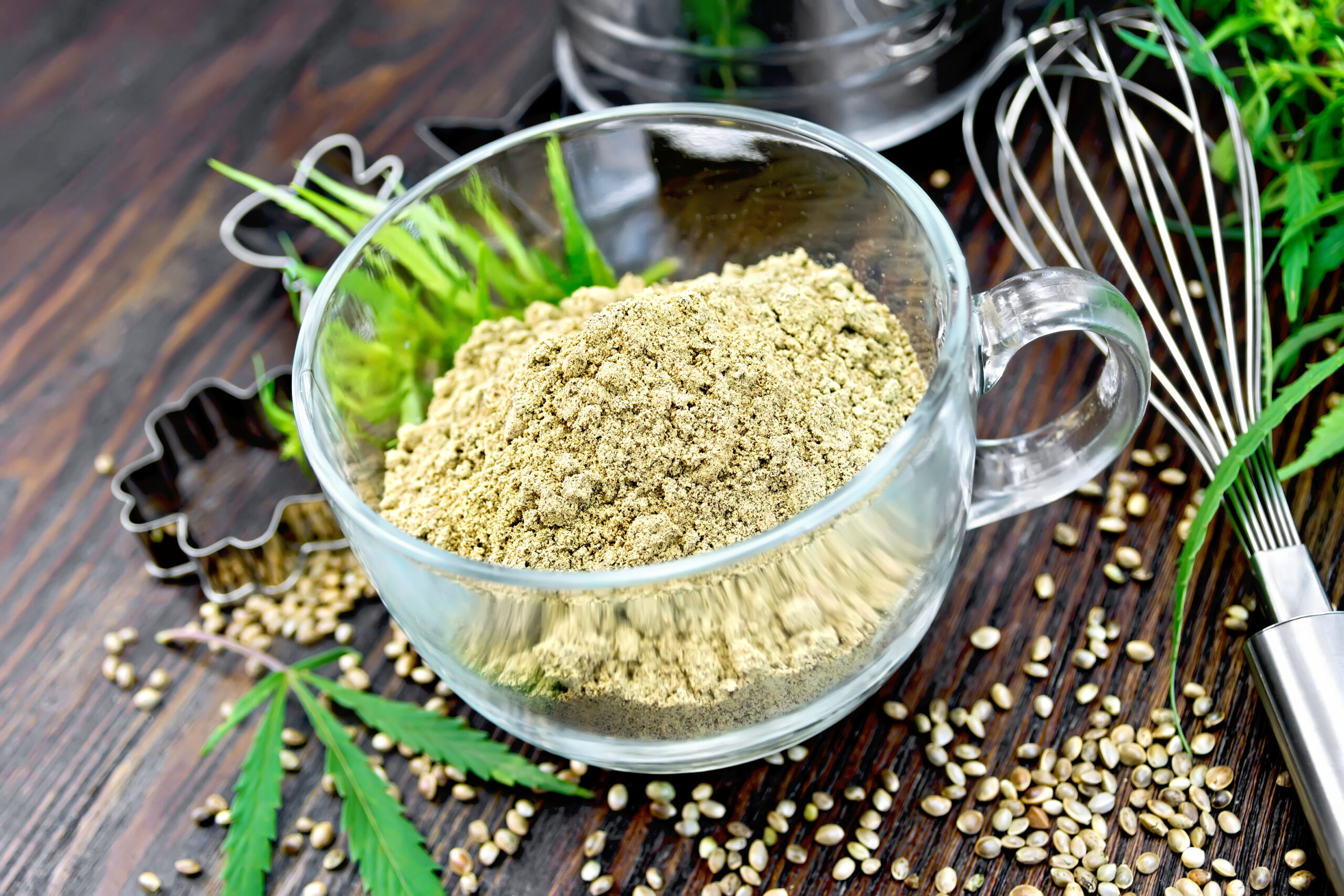As cannabis gains popularity for its great potential, many individuals are becoming acquainted with compounds like THC (delta-9 tetrahydrocannabinol) that induce known psychoactive effects. However, there is another compound that has caught our attention – THCA ( acid). This article aims to explore the nature of THCA, how it differs from THC, and the potential applications of this compound.
What is THCA?
THCA is an occurring compound found in unheated cannabis plants. Unlike THC, which is renowned for its psychoactivity, THCA does not possess any intoxicating effects on its own. In fact, THCA has a structure that lacks the necessary chemical “tail” to bond with cannabinoid receptors in the brain. Consequently, consuming cannabis will not produce a high because it contains this psychoactive precursor: THCA.
The Decarboxylation Process
Decarboxylation refers to a chemical process where heat or extended exposure converts one compound into another by removing a carboxyl group. In the case of THCA, this transformation occurs when cannabis is subjected to heat through methods like smoking or vaporizing. This process converts THCA into THC by eliminating the carboxyl group ( COOH). When heated to temperatures exceeding 220 degrees Fahrenheit (104 degrees Celsius), THCA, which is not intoxicating on its own, undergoes decarboxylation and transforms into THC.
Diverse Effects
Although pure THCA doesn’t directly bind with receptors in our bodies like THC does, it may still offer beneficial effects beyond activating these receptors. Some examples include;
1. Potential for Reducing Inflammation
Initial studies suggest that THCA may possess inflammatory properties, making it a potential option for treating conditions such as arthritis or neurodegenerative diseases. By regulating the production and release of cytokines (proteins involved in controlling inflammation), THCA could potentially provide relief from inflammation-related discomfort.
2. Anti Nausea and Anti Vomiting Properties
Anecdotal evidence indicates that THCA might be effective in alleviating nausea and have emetic properties. These potential benefits make THCA a valuable alternative for individuals dealing with chemotherapy-induced nausea or conditions like motion sickness.
3. Possibility of Neuroprotective Effects
Animal studies suggest that THCA could exhibit effects by influencing neurotransmitters and receptors associated with mechanisms for the nervous system. Modulating these pathways shows promise in treating conditions like epilepsy, multiple sclerosis, Parkinson’s disease, and Alzheimer’s disease.
4. Other Therapeutic Uses
While research is still limited, complementary studies are exploring the potential of THCA for applications such as pain relief, regulating responses, and promoting better sleep. The involvement of receptors beyond the CB1 and CB2 receptors could explain the various therapeutic benefits associated with THCA.
Exploring Methods of Consuming THCA
When it comes to harnessing the benefits of THCA, there are several ways to incorporate it into your wellness routine. Here are a few popular methods;
1. Juicing Raw Cannabis
Juicing raw cannabis leaves offers a way to access the benefits of THCA without experiencing the effects of THC. Fresh leaves can be blended with fruits or vegetables to create a juice with cannabinoids, essential vitamins, and minerals.
2. Topical Applications
Some individuals find relief from localized pain or skin conditions by using topicals that contain THCA. These products can include balms, creams, salves, or lotions that provide inflammatory effects directly to affected areas.
3. Capsules or Tinctures
Capsules and tinctures offer a precise way to consume THCA, allowing individuals to incorporate it into their routines for therapeutic effects. This method is convenient for those looking for health benefits.
4. Sublingual Administration
Sublingual administration involves placing drops or sprays of THCA under the tongue, enabling absorption into the bloodstream through blood vessels in that area. It provides onset compared to ingestion, making it suitable for individuals seeking more immediate effects.
Final Thoughts
By exploring these methods of consuming THCA, individuals can personalize their cannabis experience based on their preferences and desired effects. Whether you prefer juicing cannabis using topicals, opting for capsules, or sublingual administration, integrating this intoxicating compound into your routine may offer various potential health benefits.
However, as with any cannabis-related product, it’s always advisable to consult with a healthcare professional before making changes to your wellness regimen. In light of research and an improved comprehension of how THCA affects our body’s system, we can anticipate further investigation into optimizing the potential therapeutic advantages of this compound in the coming years.









